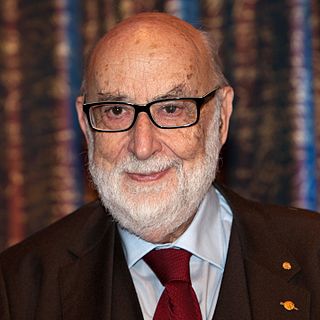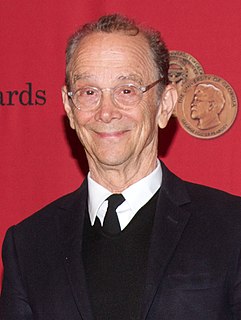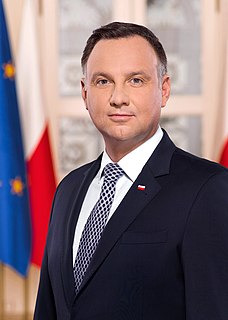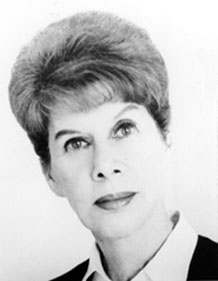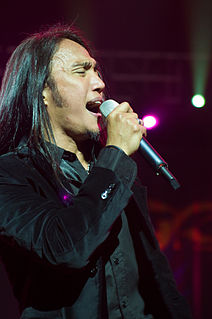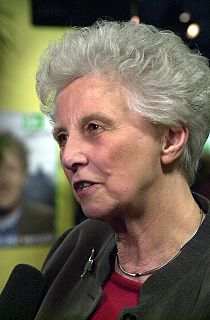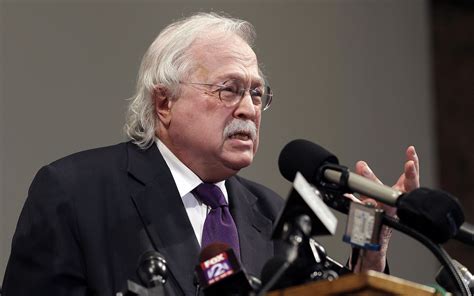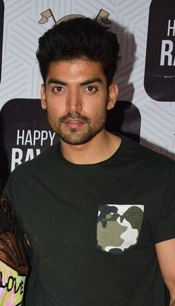A Quote by Francois Englert
My parents emigrated from Poland in 1924 with my brother, who was a few months old. They were from a simple family of Polish Jews. They were looking, I suppose, for a better economic life and were escaping from an anti-Semitic environment.
Related Quotes
Oddly enough, most of the books written about the subject aren't very good because they just focus on the more hateful movies that they did very early, early on when they were trying to, you know, get Germany into the war, whether it be anti-Semitic movies like "Jud Suss," or "The Eternal Jew," or movies made against the Polish to help, you know, create sympathy for them to invade Poland. You know, there'd be movies where there would be some German girl living in Poland who's raped by the Polish or something.
Anti-Semitism is best understood as a virus. It has no logic. Jews were hated because they were rich and because they were poor; because they were capitalists and because they were communists; because they held tenaciously to an ancient faith and because they were rootless cosmopolitans, believing nothing. Hate needs no logic. It is a sickness of the soul.
There was also a national policy, which as a child I didn't know anything about. In 1924 the first major immigration law was passed. Before that, there was an Oriental Exclusion Act, but other than that, European immigrants like my parents were generally admitted in the early years of the twentieth century. But that ended in 1924 with an immigration law that was largely directed against Jews and Italians.
As a kid, I heard elders in my family say in passing that Jewish people were consumed with making money, and that they 'owned everything.' My relatives never dwelled on the subject, and nothing about their tone indicated that they thought anything they were saying was anti-Semitic - not that a lack of awareness would be any excuse.
